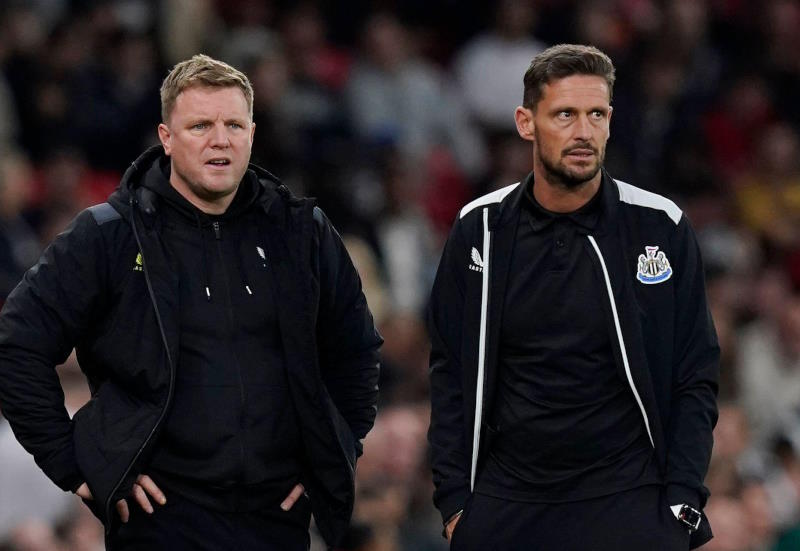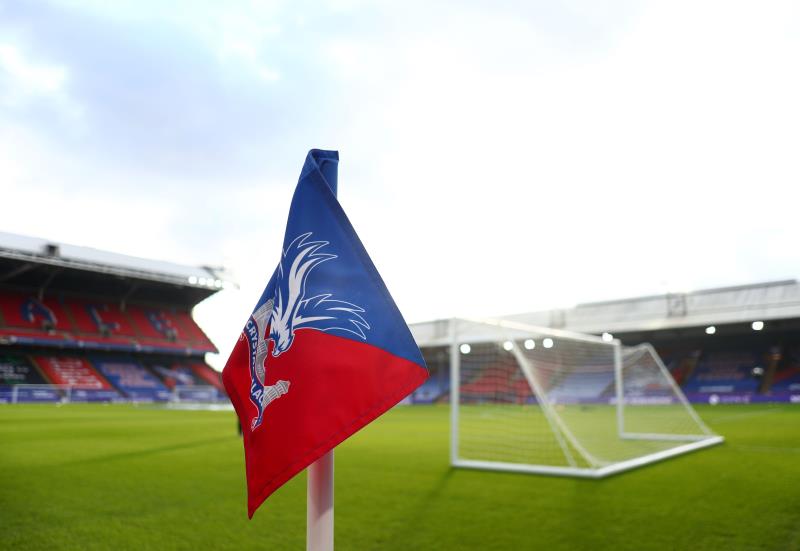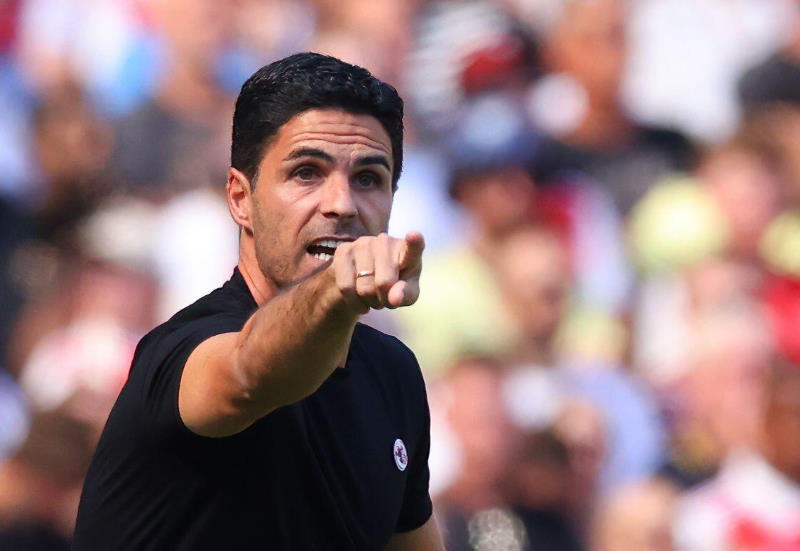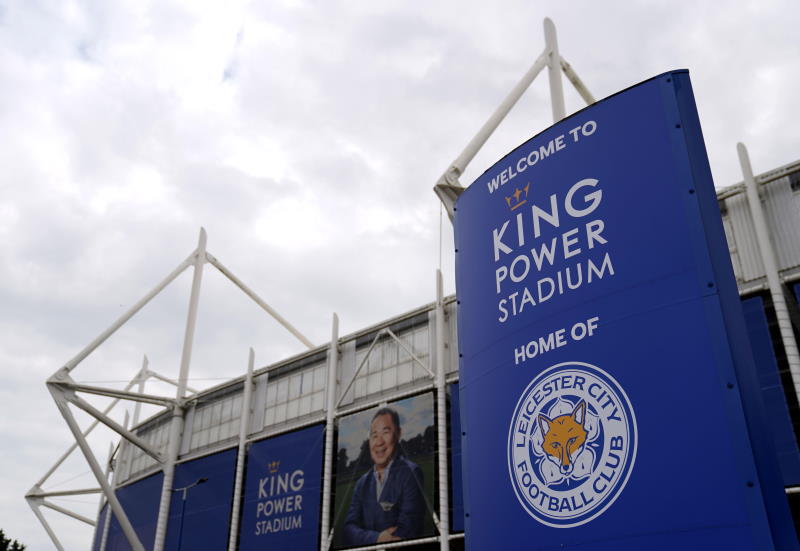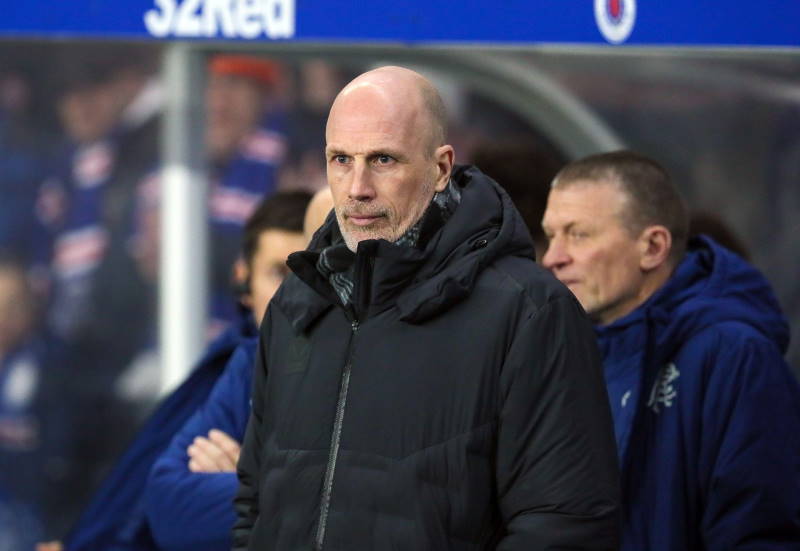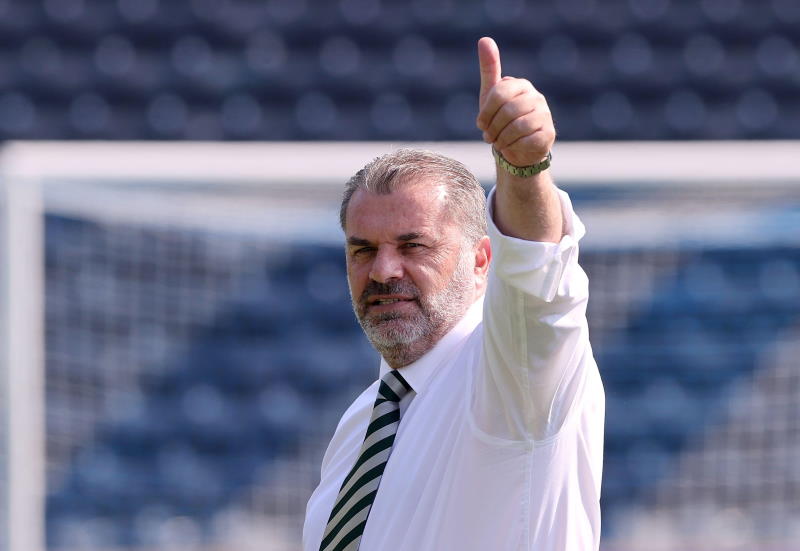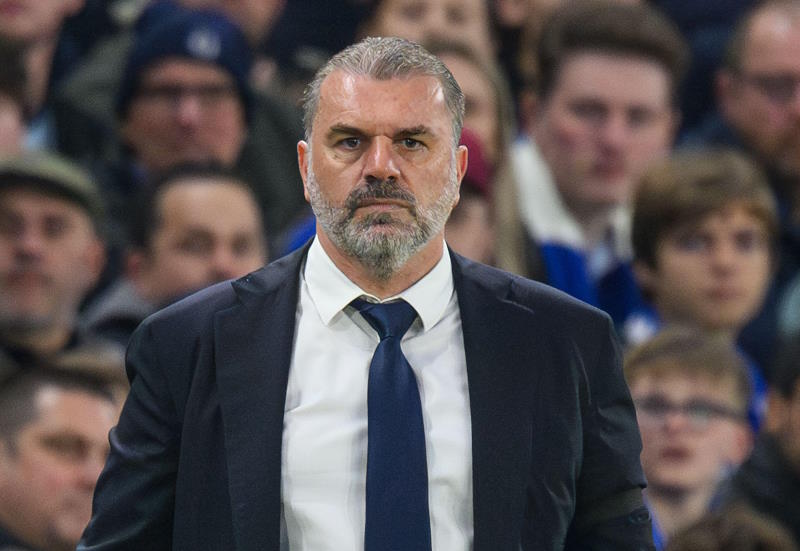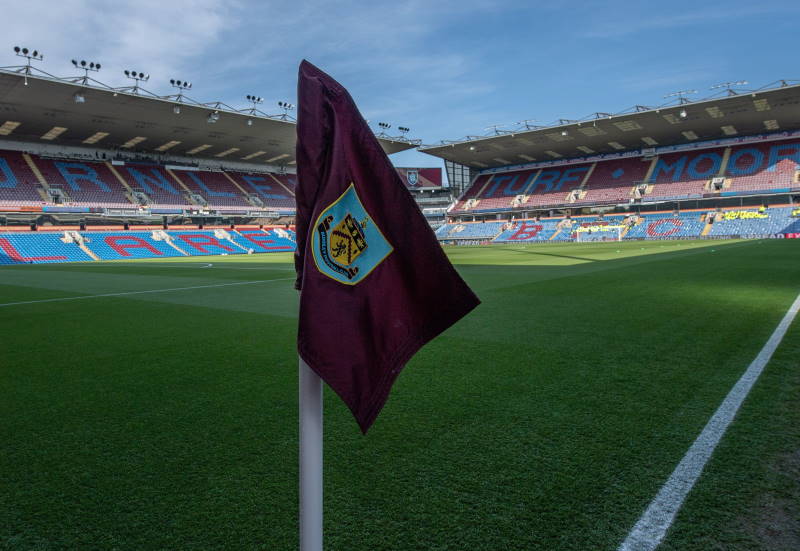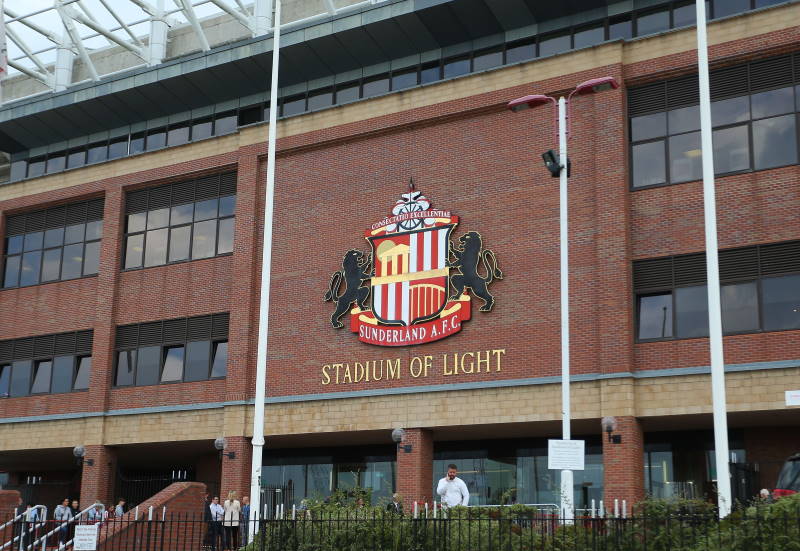
It has often been said that the England side, and the country’s Football Association in general, need a kick up the backside, but this was definitely not what was intended.
Despite England’s relatively pain-free qualification campaign for Euro 2012, the country are going into a tournament without the triumphalism and jingoism of recent years, mainly due to Wayne Rooney’s red card in their final qualifier against Montenegro for lashing out off-the-ball at an innocent defender.
Reckless, pointless and in danger of leaving England’s attack rudderless, that it occurred when qualification was already secured, with England leading 2-1 in Podgorica with 20 minutes left and only needing a draw, makes it more maddening for Fabio Capello’s side.
The main focus of the debate initially centred on whether or not Capello should still include Rooney in his squad for Euro 2012 despite his unavailability for the group stages, focusing on England’s recent tournament travails and wondering if it is worth bringing a player to a tournament he may not have the chance to play in. Weirdly though, the loss of Rooney may in fact be a shot in the arm, forcing Capello to experiment with more striking options and different attacking systems in the build-up to the tournament in Poland and the Ukraine.
By allowing the likes of Ashely Young, Darren Bent, Andy Carroll, Daniel Sturridge, Gabriel Agbonlahor, Danny Welbeck and others to demonstrate their versatile talents in a manner not done when preparing for South Africa two years ago, starting against Spain and Sweden this coming week, Capello could drastically boost the confidence of the England squad. Several of these players can be deployed on the wing, in midfield or in a variety of attacking formations, so taking four multi-faceted strikers would make more than enough room in the squad for Rooney to keep his place, whilst maintaining a sufficient level of quality to negotiate all but the most hazardous of group stages.
However, this discussion of Rooney alternatives and the fairly futile question over his place on the plane to Poland and the Ukraine misses the point somewhat.
It is not the act in itself which shows up what has been wrong with England over the last decade – after all, plenty of sides have relied on temperamental No.10s like Zinedine Zidane, Diego Maradona and Gheorghe Hagi, or even lesser lights such as Georgi Kinkladze or Zlatko Zahovic, to lead them to success despite their combustible characters, and Rooney has been much better behaved in recent seasons. What is really indicative of the rotten culture of arrogance and entitlement is the reaction within England to UEFA’s announcement of a three-match ban.
The general feeling from the footballing establishment has been shock at the ‘severity’ of the punishment handed out by UEFA, eclipsing the anger at the original act, a sense of indignant injustice so overwhelming the FA are now appealing for the ban to be reduced, ignoring the fact that three-match bans are standard for violent conduct. The threat of an even longer suspension for a ‘frivolous’ appeal should have persuaded the FA against attempting to seek a course of action which, considering previous interpretations, would be extremely hypocritical, yet it is still seen as a valid and workable solution by voices in the England camp.
It could be argued Rooney was lucky that Miodrag Dzudovic, the Montenegrin victim of his wild kick, did not suffer any (serious) injury which might have seen the ban extended, and thus to appeal for a shorter sentence is ridiculous, not to mention a serious undermining of domestic disciplinary procedures which work on similar principles.
The Manchester United forward is also very lucky that Dzudovic, an up-and-coming defender who could one day play in the Premier League, has been ready to defend his assailant and attempt to reduce the ban. Accusations of hypocrisy would hardly dissuade the FA, who only began to protest about FIFA’s apparent corruption once they had lost the right to host the 2018 World Cup to Russia, but even their notorious bungling suits should not feel confident of reducing the ban by more than one match, let alone avoiding a more severe sentence as punishment for their impudence in appealing.
Nevertheless, that it is being pursued seriously shows how myopic and deluded England have become, desperately doing all they can to overturn what is a reasonable ban on their best player after yet another aggressive action on his part, in an unnecessary and unseemly panic.
Everton captain Phil Neville’s spurious claim on Twitter that Rooney’s Englishness helped increase the ban is symptomatic of the reactionary attitude of English football on a cultural as well as tactical level, with any small sign superstitiously used as evidence of a European conspiracy against the 1966 World Cup winners; any refereeing decision concrete proof of Machiavellian continental machinations.
Reminiscent of his brother Gary Neville’s attempt to lead a rebellion against the FA when Rio Ferdinand was suspended for missing a drugs test, or John Terry’s various indiscretions, or the vilification of Cristiano Ronaldo for his part in Rooney’s red card at the 2006 World Cup in Germany – which exceeded the outrage at Rooney’s stupidity and reheated plainly false claims that English players do not dive or connive to get opposition players in trouble – Phil Neville’s decision to tweet his reaction neatly encapsulated the poisonous mindset that undermines the England side in under 140 characters.
The real frailty with England is not their reliance on or lack of cover for Rooney, nor even the demons in his head, but the psychological issues of English football as a whole. Having long shaken off the cultural imperialism they claimed as the game’s inventors and having begun to overcome the tactical rigidity and naivety that routinely dogged them in previous tournaments, the climate of fear has, as shown in the South African boot camp, calcified into paranoia; and with a ready-made excuse for bombing out ungracefully it would be no surprise to once again see England underperform, leaving bitter fans pining for the perennial quarter-finals enjoyed (or endured) under Sven-Goran Eriksson so recently.
As well as needing an old-fashioned boot up the backside from some solid size 9s, it seems the whole England set-up needs its head looking at.

